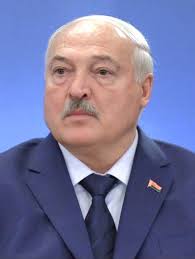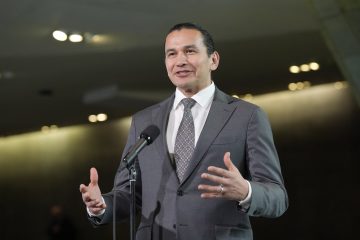The Leadership and Controversies of Alexander Lukashenko

Introduction
Alexander Lukashenko, often referred to as ‘Europe’s last dictator’, has been the President of Belarus since 1994. His long tenure has sparked controversy both domestically and internationally, making him a significant figure in today’s geopolitical landscape. Understanding his leadership style and the resulting implications on Belarusian society and politics is crucial given the country’s strategic position in Eastern Europe and its relationship with Russia and the West.
Political Landscape under Lukashenko
Lukashenko’s administration has been marked by authoritarianism, suppression of dissent, and state control over many aspects of life in Belarus. According to reports from organizations like Freedom House, Belarus is categorized as ‘not free,’ a designation underscored by the government’s repression of political opposition, stringent media censorship, and human rights violations. Major protests erupted following the controversial 2020 presidential elections, which were widely viewed as fraudulent. In response, the government launched a brutal crackdown against protesters and opposition figures, resulting in widespread arrests and allegations of torture.
Relations with Russia and the West
In recent years, Lukashenko’s reliance on Russia has intensified, especially amid Western sanctions and global isolation. Moscow has provided essential economic support to Belarus, a relationship that has led to increased military cooperation and joint exercises. However, this alliance has earned Lukashenko criticism in the West, where leaders view his regime as increasingly aligned with Kremlin interests. The EU, in particular, has imposed sanctions on Belarusian officials in response to human rights abuses and electoral fraud.
Recent Developments
In late 2023, Belarus continues to grapple with the fallout from the 2020 elections, and tensions between Lukashenko’s government and opposition groups remain high. The country’s economic situation, exacerbated by international sanctions, has led to growing public dissatisfaction. Moreover, the ongoing war in Ukraine has complicated Belarus’s geopolitical stance, as both Russia and the West seek to influence its strategic decisions.
Conclusion
Alexander Lukashenko’s leadership represents a complex interplay of authoritarian governance, economic dependency on Russia, and ongoing political unrest. As tensions persist both domestically and on the international stage, the future direction of Belarus under Lukashenko remains uncertain. Political analysts suggest that without significant reform or shifts in governance, Belarus may continue to face isolation and turmoil. For global observers, the situation in Belarus is a pivotal case study of modern-day authoritarianism and the quest for democracy in Eastern Europe.









